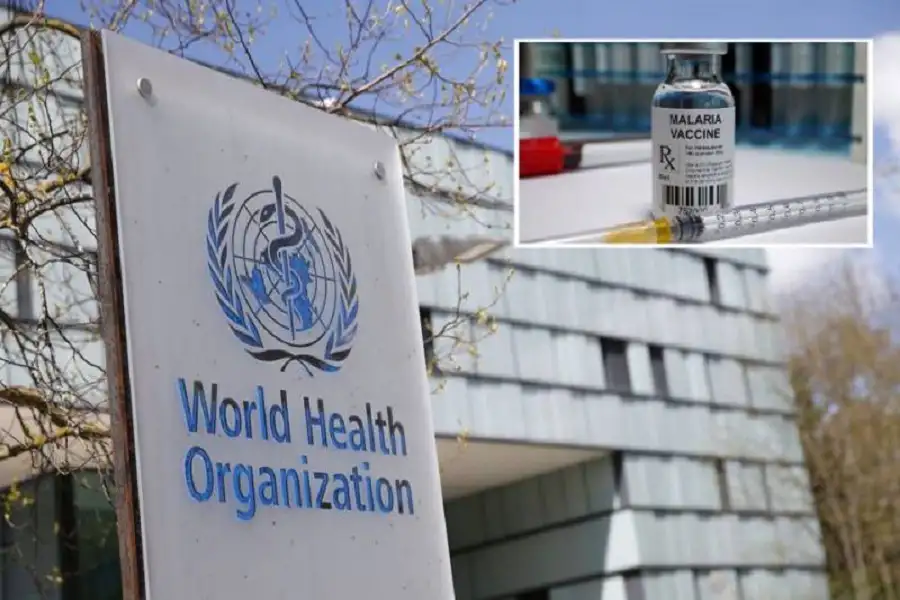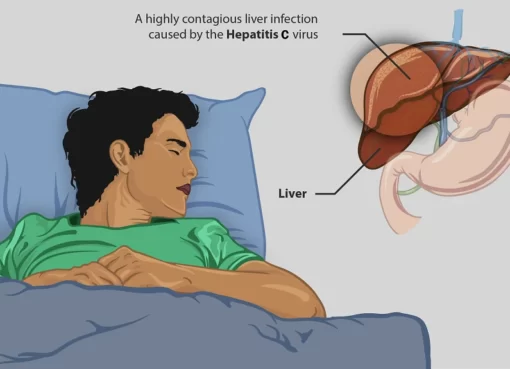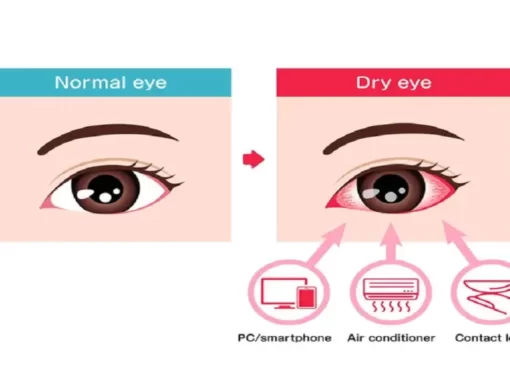Overview
Malaria has been one of the biggest curses on humanity for ages often proving lethal for innocent babies and infants. It is a mosquito-borne infection caused by at least five species of the Plasmodium parasite.
Big News
The World Health Organization on October 6 2021 gave a nod to the breakthrough malaria vaccine – RTS,S with the tradename of Mosquirix. It will be the first-ever vaccine against the mosquito-borne disease that kills more than 400,000 people a year, mostly African children.
It is being developed by the pharmaceutical giant GlaxoSmithKline. It took the British drugmaker company over 30 years to develop this vaccine in 1987 but it was only now that it got officially labeled by WHO as the first-ever vaccine to be used on children in the African subcontinent.
The WHO Director-General Tedros Adhanom Ghebreyesus officially stated – “This is a historic moment. The long-awaited malaria vaccine for children is a breakthrough for science, child health, and malaria control. “Using this vaccination with existing malaria prevention measures will save tens of thousands of child lives every year.”
Initially, its use will be restricted to children across Africa.
The vaccine lowers malaria and life-threatening severe cases significantly, potentially saving the lives of innocent children as they account for 67% of all malaria deaths worldwide.
According to WHO, since 2019, 2.3 million doses of RTS,S vaccine have been administered in a pilot project in Ghana, Kenya, and Malawi & people are benefiting from this additional protection against malaria.
Vaccine Efficacy
Mosquirix is only modestly effective barely meeting the WHO vaccine approval standards. But in a major study this year, the combination of the vaccine and anti-malarial drugs can further reduce the risk of severe disease and death by up to 70%. One study projected that the vaccine would prevent millions of cases and over 20,000 deaths annually in subcontinent Africa if distributed & administered at a mass scale.
Due to its relatively low efficacy, it will be administered intravenously in four doses.
Even with moderate efficacy, it will provide great relief to the millions of people who fall prey to malaria each year. It will pave the way for developing more potent vaccines in the future.
Moderna is working on the development of a malaria vaccine as well. It is relying on the same mRNA platform as the company’s successful COVID-19 vaccine.
Recent Malaria Outbreaks
Malaria cases and deaths have declined in recent decades, thanks to dedicated mosquito control and treatment programs. But there were still 230 million cases a year estimated worldwide in 2019 (with Africa accounting for 94% of total cases) along with around 410,000 deaths—a toll second only to tuberculosis.
But COVID-19 has shaken up the World with its death toll and has surpassed both malaria and tuberculosis by some margin in the past 2 years.
Malaria Species
Malaria is transmitted by infected mosquitoes. When a person gets bitten by a mosquito that carries the malaria parasite, the parasite enters the bloodstream. It is then carried to your liver, where it multiplies. The five species of Plasmodium (single-celled parasites) that infect humans and cause illness:
- Plasmodium falciparum
- Plasmodium malariae
- Plasmodium vivax
- Plasmodium ovale
- Plasmodium knowlesi
Most infections are from Plasmodium falciparum and Plasmodium vivax, with the former causing most cases in Africa.
Reason For Delay in Vaccine
The limited number of drug manufacturers and the technical difficulties of producing any vaccine against a parasite have all hampered the development of a malaria vaccine. Malaria parasites have a complicated life cycle, and the complex immune response to malaria infection is poorly understood.
Malaria is caused by a parasite that is far more deceptive than the virus that causes covid. The malaria parasite has evolved to evade our immune system. That’s why you have to catch malaria time and time again before starting to get even limited protection.
It has a complicated life cycle and once it enters our body, it transforms between different forms as it infects liver cells and RBC.
Developing a malaria vaccine is only able to target the sporozoite phase of the parasite (this is the stage between being bitten by an infected mosquito and the parasite getting to the liver).
It is why the vaccine is only “modestly” effective. However, this is still a remarkable success and paves the way for the development of more potent vaccines.
Clinical Findings
In Phase 2 trials, vaccine efficacy rates were 33-65% in infants and 30-53% in children for preventing the disease. In Phase 3 trials, vaccine overall efficacy was 56% in 15,000 children aged 5-17 months.
According to WHO, among children aged 5–17 months who received 4 doses of RTS,S, the vaccine prevented approximately 4 in 10 (39%) cases of malaria over 4 years and about 3 in 10 (29%) cases of severe malaria, with significant reductions also seen in overall hospital admissions.
RTS,S has demonstrated efficacy and safety in Phase 1, 2, and 3 trials, and has the potential to decrease morbidity and mortality from malaria worldwide.
The drug manufacturer is proceeding with a number of Phase 4 studies to gather additional information on the vaccine’s effectiveness and any side effects associated with routine use.
Endnote
The vaccine is now going to be the first line of defense against the disease. It needs to be used in conjunction with existing mosquito control measures such as insecticide-treated bed nets, repellants, etc.
A major study has shown that the combination of the vaccine and anti-malarial drugs can increase the efficacy to such levels that will be enough to reduce the risk of developing severe disease symptoms and death by 70%.
All these measures should be actively taken up in a quest to eradicate malaria deaths to a bare minimum, if not to the ultimate goal of zero deaths.
Citation
https://www.who.int/news-room/q-a-detail/malaria-vaccine-implementation-programme
Featured pic: https://tinyurl.com/594hpepw





Thanks for sharing. I read many of your blog posts, cool, your blog is very good. https://www.binance.info/lv/join?ref=V3MG69RO